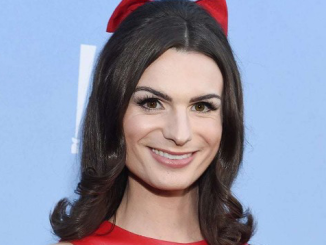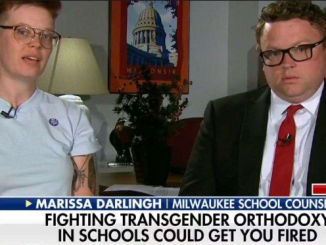
Female beauty pageants are allowed to exclude transgender women, the U.S. Court of Appeals for the 9th Circuit has ruled. The case stems from a complaint filed by Anita Green, a transgender contestant in several Miss United States of America pageants.
After competing in Miss USA pageants in Montana, Oregon, and Nevada, Green asked the pageant’s national director if she knew Green was transgender. The director said she had not known, and that Green would be excluded from further competition, since the pageant is only open to “natural born female(s).”
Green sued, a district court ruled in favor of the pageant, and Green appealed. Now, a panel of 9th Circuit judges has also ruled in favor of Miss USA. In a November 2 decision, the judges held that pageant rules did not violate the Oregon Public Accommodations Act (OPAA) and that its decision to exclude transgender women was protected by the First Amendment.
The First Amendment protects theater, and a pageant is a type of theater, the court said. Specifically, it’s a kind of theater meant to showcase an “ideal vision of American womanhood.”
The “natural born female” requirement is just one of many exclusionary requirements for pageant entry, the court points out:
The “Miss” division, which Green applied to, requires among other things that contestants be “between 18–28 years of age,” have “never posed nude in film or print media,” and not be married or have given birth. Finally, and most relevant to our case, contestants must also be “a natural born female.
The Pageant enforces these requirements. For example, one applicant was
rejected for having posed nude. Another was rejected for including ”
Mandating Miss USA allow Green to be in the pageant would amount to forcing the pageant to say that transgender women are included in a vision of ideal American womanhood and that would amount to compelled speech, the court held. “Given a pageant’s competitive and performative structure, it is clear that who competes and succeeds in apageant is how the pageant speaks,” wrote the judges. “Put differently, the Pageant’s message cannot be divorced from the Pageant’s selection and evaluation of contestants.”
I don’t think the court is wrong about what allowing transgender contestants implies, though it is a shame Miss USA doesn’t broaden its horizons a bit. Being more inclusive seems like not only the right thing to do but also a way it could shed some of its old-fashioned, intolerant image and help with its lack of resonance with today’s audiences.
That said, perhaps what remains of the dwindling pageant audience would disapprove of Green’s inclusion and Miss USA is just playing to its core audience. Or perhaps the pageants’ leaders just deeply believe that transgender women should not be included. In any event, this is certainly not the first time beauty pageants have failed to be inclusive. Perhaps beauty pageants further fading into irrelevancy is not at all a bad thing.
But whatever you think about beauty pageants or their rules, they still have First Amendment rights, including freedom of expression and freedom of association. The district court rejected Miss USA’s freedom of speech defense but said it was allowed to reject Green on freedom of association grounds. The 9th Circuit held that the freedom of speech claim worked, too (and thus it needn’t even get into the freedom of association claim): “Forcing the Pageant to accept Green as a participant would fundamentally
alter the Pageant’s expressive message in direct violation of the First Amendment,” it held.
* Article from: reason.com


